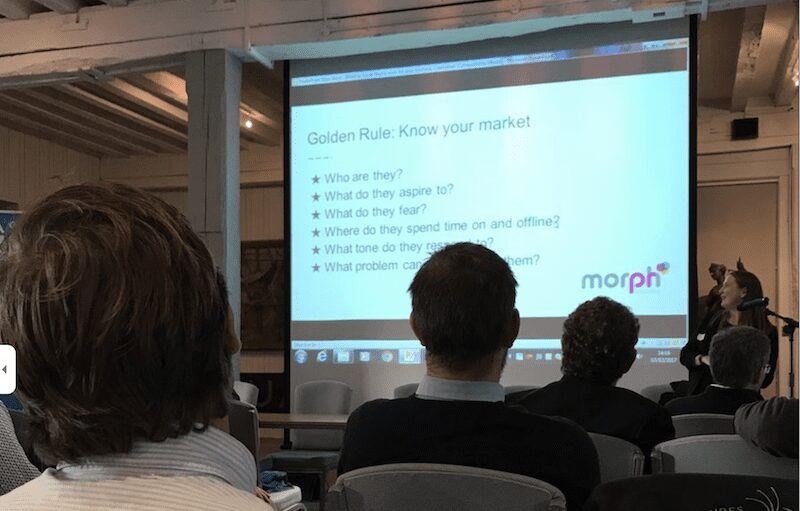– pitfalls and opportunities
At Morph we’ve worked with many engineering companies over the years that have innovation, attention to detail and determination in spades but many have acknowledged that marketing was not their strong point. Understandably, many prefer to focus on delighting their customers with their service and products rather than thinking about how they are presenting their company and what it says about them and their business. This can often be seen as a bit fluffy and just something that has to be thought about when the next trade fair approaches.
Limited in-house Expertise
This tends to be even more noticeable with companies that do not have a marketing team or even a single marketing professional. They are in the classic problem identified by former US Secretary of Defence Donald Rumsfeld who famously talked about the ‘known unknowns’ and the ‘unknown unknowns’ as they have no one telling them about the opportunities they are missing. There are simply no informed marketing discussions happening. The result of this is often that engineering companies find that they are running with a tired website that looks like something from the dawn of the internet and they have a brand that says more about what they did forty years ago than what they do now and what they can do for current and new customers.
Recruitment
So surely the answer is easy. Just recruit a marketing officer – someone young, not too expensive and who seems to know their way around Instagram and Tik Tok and hey presto – problem solved. Or is it? Then there are unexpected challenges.
- The person has very limited experience of working in a business environment and so is not really seen by the CEO as a trusted advisor or particularly helpful when it comes to strategy.
- Any marketing products that they want to make produce seem to need to be done by an Agency which can be expensive and is an additional cost to their salary.
- The person seems quite isolated by themselves as the only marketing team member.
Marketing Agency?
What about recruiting an Agency instead and have them on a retainer? Surely that would mean you would be drawing on more experience but there are a few challenges here too. There are ‘design’ agencies, ‘creative’ agencies, ‘digital’ and ‘marketing’ agencies. Which should you be looking for and what’s the difference?
- The Agency may have a fixed retainer with any specific work or products being additional and potentially costly.
- The Agency has a financial interest in giving itself more work.
- The initial sign-up may have been with senior people but soon your only contact seemed to be with relatively junior staff.
The other challenge for engineering companies when it comes to marketing is what’s called ‘information asymmetry’. That is, if you’re not sufficiently familiar with the subject yourself then how do you judge what you’re being told by the ‘expert’?
Our Advice
There are lots of questions and challenges but there are also great opportunities. With the right marketing support, your company can ensure that it’s talking to the right people and sending the right messages about the business, products and services. This directly impacts on who will become your customers, what they will buy from you and what price they will pay. This means that your marketing is of central importance to the growth, development and even survival of your company. Here are our tips on how to boost your marketing:
Have a marketing plan. It doesn’t need to be fancy but it does need to be clearly connected to your business plan.
Bring in marketing expertise – whether it’s an agency or an individual expert. Bring a marketing expert into the conversation – someone whose advice you value and trust at the highest level.
Have a marketing budget. It sounds obvious but many don’t – they just take it from other budgets when ad hoc marketing activity happens. This has a negative impact on marketing planning and effectiveness.
Think about sustainability. Marketing isn’t a one-off activity – it needs to be part of how the business works and so any solution needs to be sustainable for the medium and longer term.
